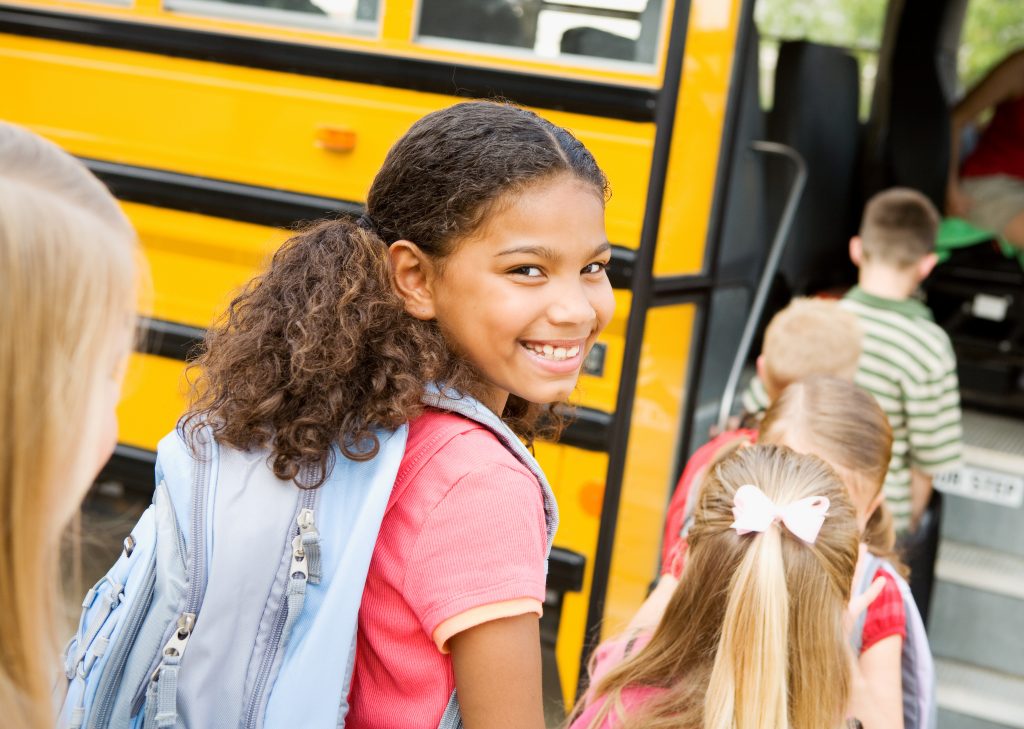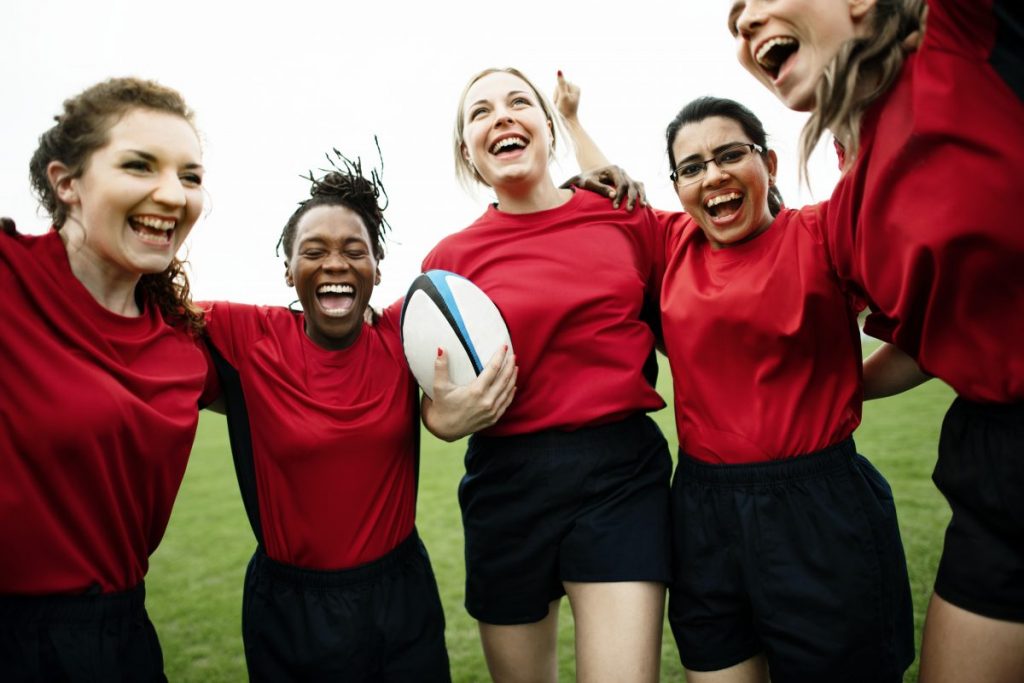Development in minor hockey
Hockey Canada recommends a ratio of two (or more) practices for every game played — claiming that one efficient practice will provide a player with more opportunities for skill development that 11 games combined. This article from The Conversation explores how the competition-oriented structure and win-at-all-costs culture of minor hockey limits opportunities for players to…
Parents and Teachers – Allies in Physical Literacy

With students settled into new classes with new teachers, many families find themselves considering how to best support student success across the school day. Physical literacy is becoming an integral facet of Physical and Health Education curricula across the country, and parents are likely to see this term more often on report cards, course outlines,…
Reframing Quitting
While sport is often used to teach lessons about commitment and overcoming adversity, sometimes it makes more sense to quit. According to Psychology Today, parents can help their children navigate this decision by helping them assess their goals and motivations, reframing quitting, and encouraging them to explore alternative pursuits.
Mentoring Young Employees
Whether in the office or on the field, sport leaders can provide valuable mentoring for young employees or volunteers. According to the Harvard Business Review, leaders can support the future success of young people through four important conversations: how to build resilience; how to influence others; how to job craft; and how to break out…
Coaching and Life Skills Transfer
Coaches can support positive youth development by intentionally supporting #lifeskills transfer amongst youth athletes. Key strategies include the integration of structured opportunities for athletes to reflect on the transfer process; creating opportunities for athletes to apply life skills in other contexts (e.g. volunteering in the community); and engaging others in supporting the transfer process, such…
SIRC Blog – Life Skills Transfer
Life skills transfer in sport involves the application of skills learned on the playing field, such as teamwork, communication or honesty, to situations at home, school or work. This process is essential to helping youth athletes thrive within and beyond sport. Learn more in the newest SIRC blog.
Supporting the Transfer and Application of Life Skills Beyond Sport

This is the third and final blog in a series on positive youth development in sport. If this is your first visit to this series, considering taking a few minutes to read the other two posts: Tips on How to Deliver a Quality Youth Sport Program and Teaching Life Skills Through Sport. Life skills transfer is defined…
Coaching – Athlete Confidence
Research reported in the International Journal of Sport Coaching explored athletes’ perceptions of what coaches can do to build athlete confidence. Through surveys with collegiate student-athletes, five key categories were identified: creating a positive environment; responding to athletes productively; developing effective practices for training; developing interpersonal relationships with athletes; and coach possession of effective intrapersonal…
Unstructured Play
Unstructured play contributes to the mental health of children and youth by promoting positive feelings through experiences of joy, thrill and competence; building children’s resilience through challenging or risky play; and improving healthy relationship by building problem-solving and emotional intelligence. Download an infographic summarizing five key findings relating to unstructured play and mental health.
Sport for Social Development
The Government of Canada recently announced investments to expand the use of sport and physical activity programming as a means to improve social development in Indigenous communities. The application process for projects designed to improve health, improve education, reduce at-risk behaviour, and improve employability, is now open. The deadline for applications is July 19, 2019.